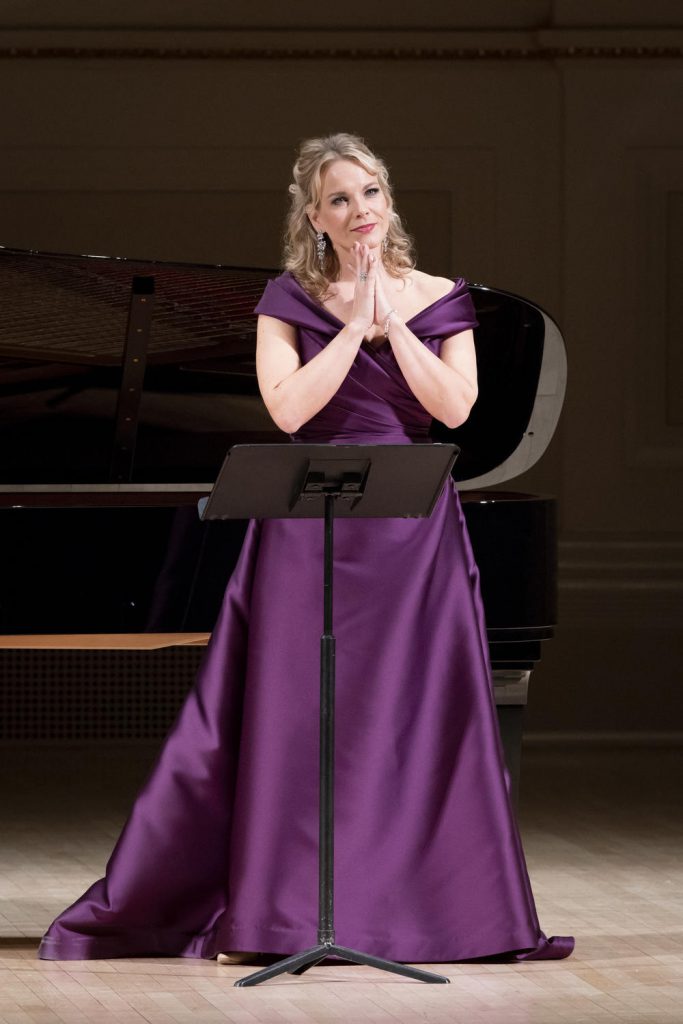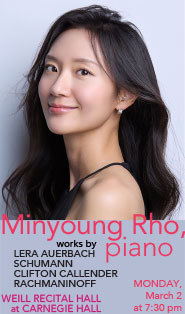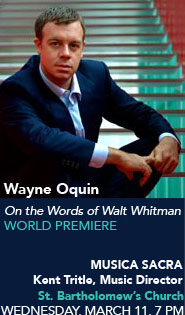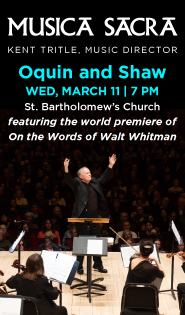Garanča proves light in lieder, deep in opera at Carnegie recital

Elīna Garanča performed a recital at Carnegie Hall Tuesday night. Photo: Jennifer Taylor
Elīna Garanča is one of the most sought-after singers on Earth; among mezzo-sopranos she has few peers, vocally, musically, or dramatically. As listeners, we expect every performance she gives to be exceptional, and, fair or unfair, anything less seems a disappointment.
Her Tuesday recital at Carnegie Hall, which has been on every voice lover’s calendar for months, was accomplished, no question. But on the whole it was not on the level of which Garanča is capable, showing neither her best voice nor her most compelling performances.
The program began with a Schumann set, selections from Myrthen. In “Widmung,” her voice, usually warm and focused, sounded oddly cloudy, though she cleared up in “Der Nussbaum,” which was exquisitely shaped. The strongest of this set was the second “Lied der Braut,” simple, quiet, and tender. The pianist Kevin Murphy, called in just last Friday to replace Malcolm Martineau, sounded a little blocky at first, but showed a gorgeous, limpid touch by the end of these selections.
The centerpiece of the program was the Wesendonck Lieder, Wagner’s most celebrated non-operatic vocal work. Garanča showed a fuller top in “Der Engel,” and began “Stehe still!” with bright, burning sound and forward energy, skillfully turning it into a warm haze. She gave a lovely, airy reading of “Träume” but her voice here was not totally secure, betraying rough grains and even occasionally questionable intonation.
Throughout the recital, but in these German selections especially, Garanča’s diction was uncharacteristically mushy, getting to an approximation of the lyrics but never demonstrating full command. Her reliance on a music stand, even in the Wesendonck Lieder, only reinforced the idea that she was not completely invested in these texts.
The second half brought a major shift in repertoire, leading off with Ravel’s three-part Shéhérazade. In “Asie” Garanča sounded more settled, save for some tightness at the very top–but even so, she seemed emotionally distant, not quite capturing the sense of curious wonder in the text. The closest Garanča came to conveying the excitement of the music was in her languid, steamy reading of the final song, “L’indifférent.” Murphy was less comfortable in Ravel’s tricky accompaniment, settling for approximation here and there.
The scheduled program ended with De Falla’s Siete canciones populares españolas. Garanča’s technique continued to sound more secure, but her interpretations felt too cold for the style of the music. The most convincing moments in this set were the quieter ones: “Asturiana” was a ghostly lamentation, featuring long, aching lines, each a single sigh, cresting in the middle, followed by hypnotic calm in the lullaby “Nana.”
The Garanča the audience expected finally turned up for three encores. The first was a lovely, simple song in her native Latvian, “Close your eyes and smile.” Her reading was masterfully sculpted, and the music showed off the natural warmth of her middle voice. The last was “Mon coeur s’ouvre à ta voix,” the famous aria from Samson et Dalila, in which she is currently starring at the Met. Without a cumbersome costume it was even more compelling, dramatic but also genuine.
The middle encore proved the most memorable item of the evening. Introducing it, Garanča quipped, “This next piece is the reason I wore the red dress!” It was the Habanera from Carmen, and proved just about definitive–the detail in her phrasing was breathtaking: a little pinch at the end of a line, sultry sighs of “l’amour!” on the second refrain. One almost wished she had given a whole recital of mezzo arias.


